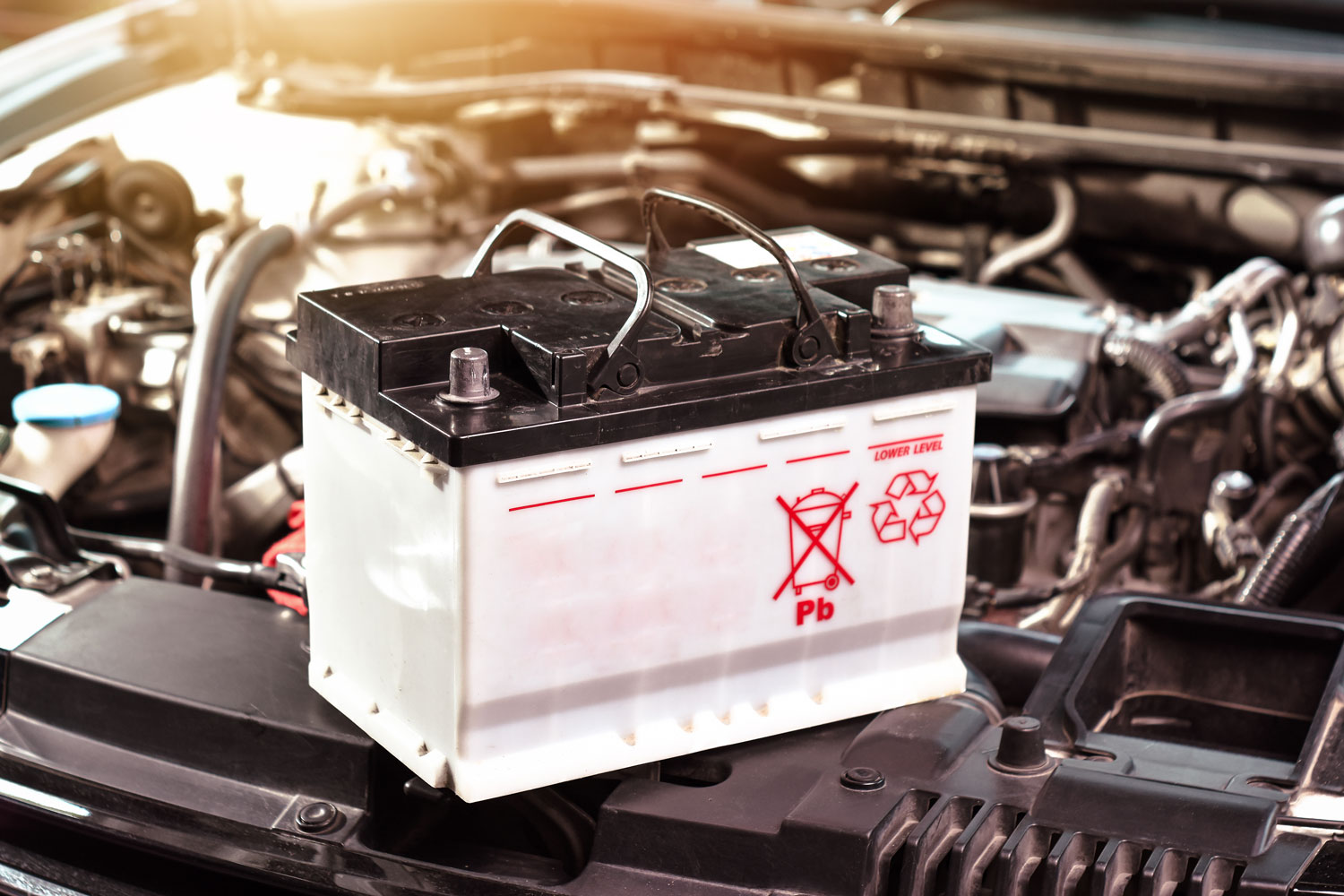A Motorist's Handbook to Best Automobile Battery Health
A car battery is an essential element of your car, providing the necessary power to power up the engine and running essential electrical systems. Many drivers often take their battery's performance for granted, believing it will remain reliable without any upkeep. However, as with other parts of your automobile, your battery requires regular maintenance to ensure peak performance and longevity.
Understanding how to care for your car battery can save you from unexpected failures and costly replacements. By following some simple guidelines, you can maintain your battery's health and extend its lifespan. In this guide, we will discuss the best practices for maintaining your car battery, including checking its charge, cleaning terminals, and recognizing the symptoms of aging. With proper care, you can enjoy a dependable and efficient driving experience.
Comprehending Car Battery Basics

A automobile accumulator is vital for igniting your car and powering its electric systems. It supplies the needed electric potential to the starter motor, allowing the engine to start. Most automobile accumulators are lead-acid types, which are made up of plates of lead and an electrolytic fluid that enables chemical processes to produce electricity. Comprehending how your car battery functions will help you maintain it efficiently.
Batteries come with a specific power capacity, indicated in ampere-hours, indicating how much energy they can deliver over a specific time frame. As batteries age, their power capacity diminishes, resulting to difficulty igniting the engine and supplying power to accessories. This aging process can be affected by multiple factors, including temperature, driving habits, and charging patterns. Being cognizant of these issues can assist you assess the condition of your accumulator and tackle possible issues proactively.
Regular maintenance can significantly prolong the life of your battery. Simple tasks such as cleaning battery terminals, confirming a tight connection, and inspecting for rust can make a significant difference. Additionally, understanding how often to charge the battery and recognizing warning signs of accumulator malfunction are key to keeping your vehicle operating smoothly.
Preservation Advice for Longevity
To make sure your car battery stays in top condition, routine inspections are crucial. Start by checking for oxidation on the battery terminals, as this can hinder the battery's ability to hold a current. Use a mixture of baking soda and distilled water to eliminate any corrosion you find. Make it a habit to inspect the terminals for tightness, as loose connections can cause battery depletion and ultimately reduce its longevity.
Weather plays a major role in battery performance. Extreme heat can speed up battery fluid evaporation, while extreme cold can reduce its ability to run your car. To protect your car battery from extreme weather, consider putting in an protective battery cover or parking your car in a garage. Additionally, during cold months, you may want to minimize short trips to give your battery ample time to refill.
Finally, confirm that your battery is fully charged. Often using a battery maintainer can help keep the charge at adequate levels, especially if your automobile is not operated frequently. Additionally, eliminate any unnecessary electronic devices or accessories that could drain the battery when the car is not in use. By following these maintenance hints, you can substantially extend the life of your car battery and boost your vehicle's reliability.
Indicators of Battery Failure
One of the frequent signs of battery failure is difficulty starting your vehicle. If yuasa battery observe that your engine is cranking slower than normal or if it takes several attempts to start, this may suggest that your car battery is diminishing its charge. When the battery is unable to provide sufficient power, it often struggles, resulting in a sluggish start.
Another, important sign to look for is fading lights. If you notice that your headlights or dashboard lights appear less bright, especially when the engine is idling, this might indicate that your battery is weak. A healthy battery usually provides reliable power to all electrical components, so any fluctuation in brightness can be a red flag of an impending failure.
In conclusion, if you detect a strong sulfuric smell or see any leakage around the battery terminals, these are clear indicators of battery issues. A defective battery can leak corrosive materials, which not only affects performance but can also pose dangers. It's essential to tackle any signs of corrosion or damage promptly to ensure your battery remains in optimal condition.